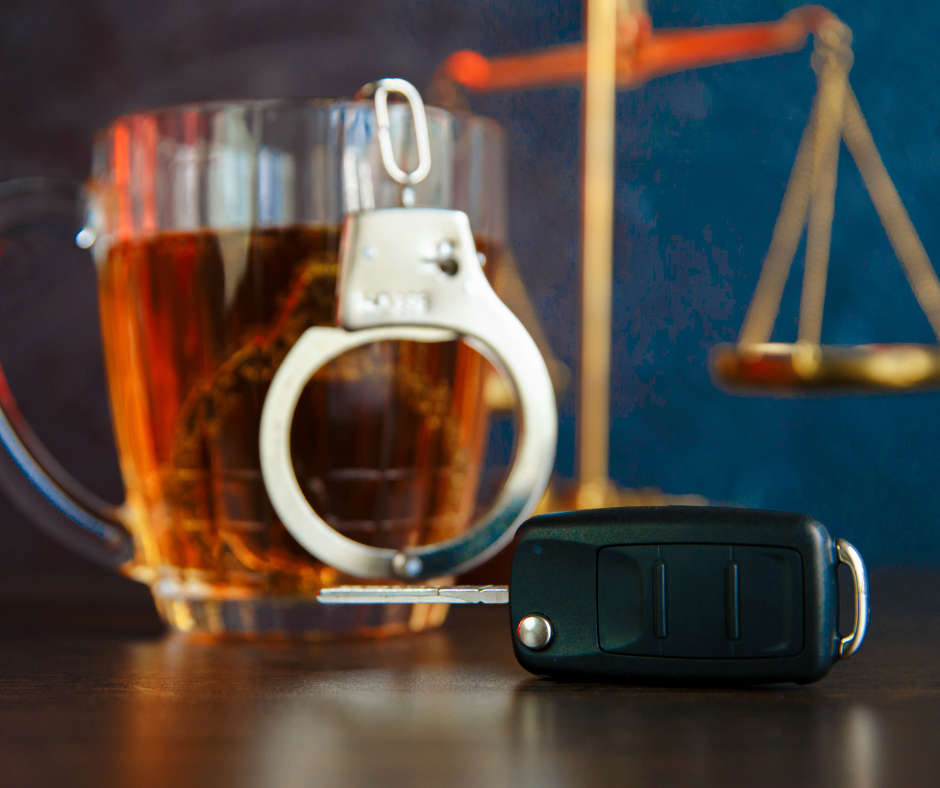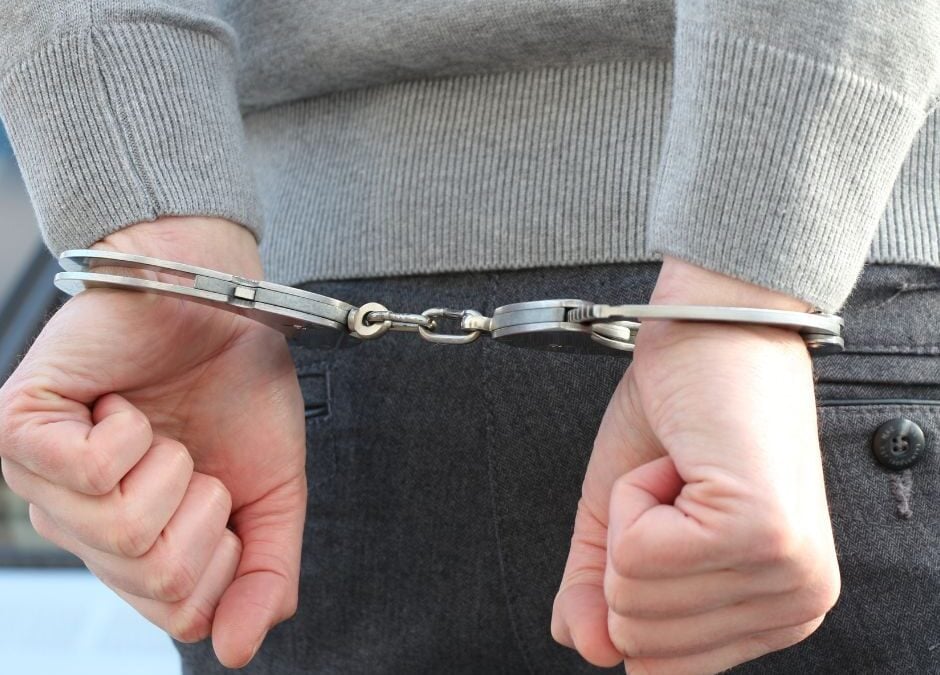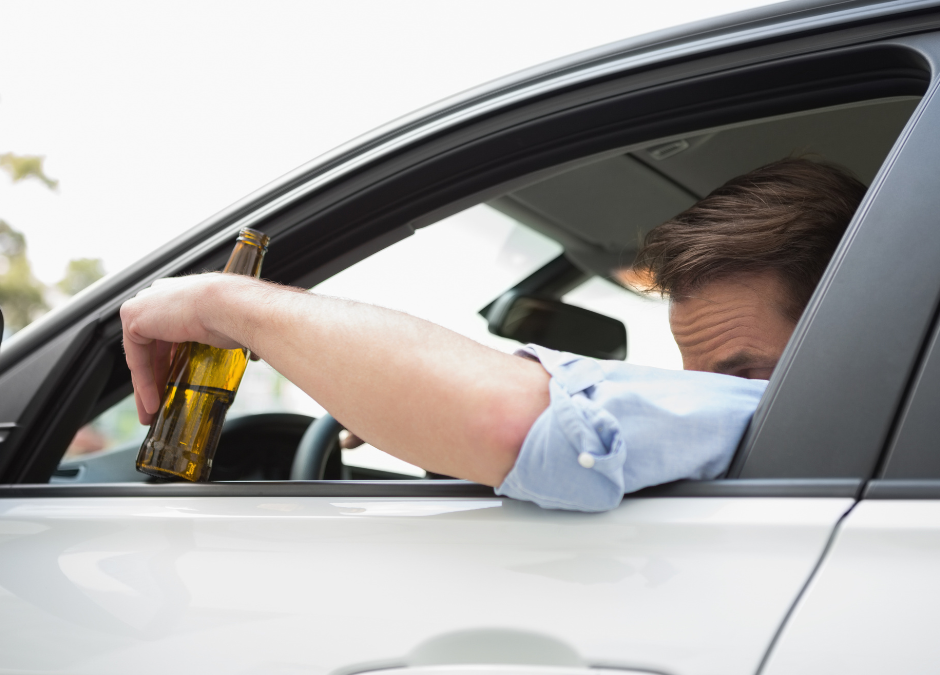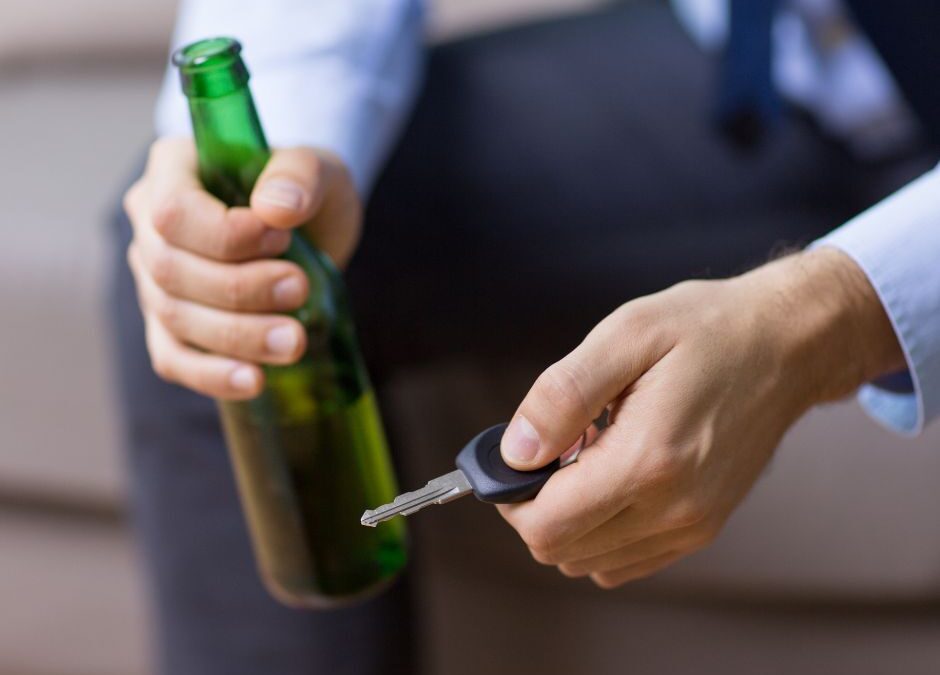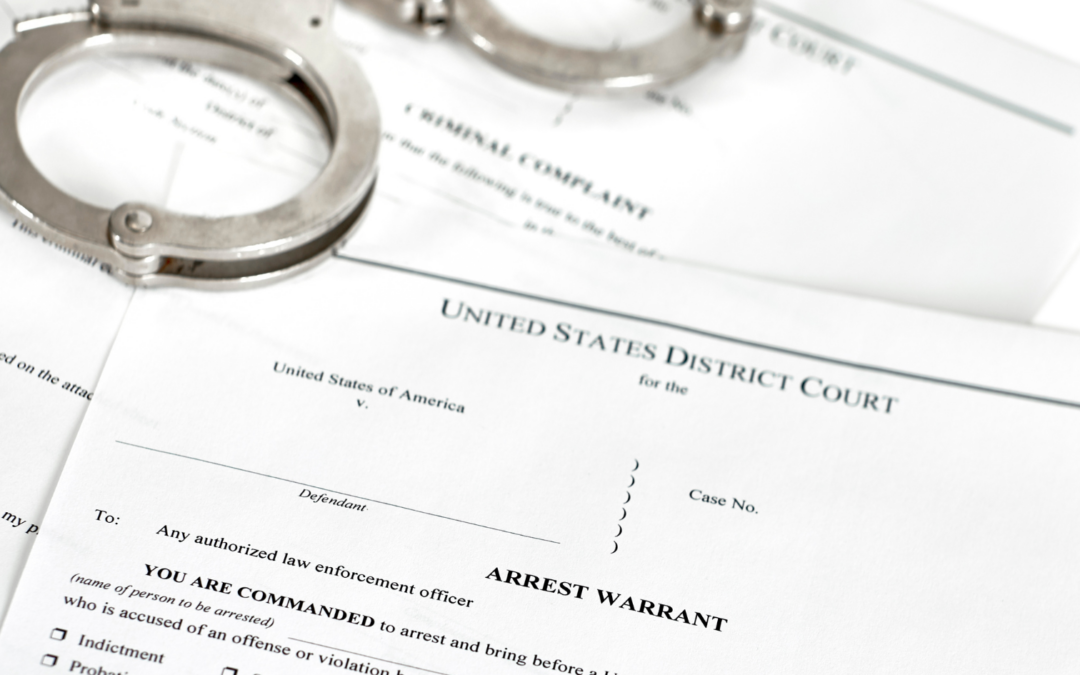Facing a first offense DWI can be a daunting experience, especially if it’s your first encounter with the criminal court process in Minnesota. The uncertainty of what lies ahead can be overwhelming, and the decisions you make now can have both immediate and long-term effects on your life. Understanding your options and choosing the right attorney are crucial steps in navigating this challenging situation.
Choosing an Attorney for a First Offense DWI in MN
When it comes to a first offense DWI, the attorney you choose can make all the difference. It’s important to avoid attorneys who handle cases in high volumes without giving each one the individual attention it deserves. For a first offense, having an attorney who is willing to push for the best possible outcome is essential.
In my experience, how far your attorney is willing to go can significantly impact the result. For example, I once represented a client with a staggering .34 BAC—one of the highest I’ve ever encountered. Despite the odds, I identified significant evidentiary issues and fought hard. The result? The prosecutor offered a plea to careless driving, which my client accepted. To my knowledge, this is one of the highest BAC cases that’s ever been pleaded down to careless driving. I can’t help but wonder how differently things might have turned out if another attorney had simply walked him into a gross misdemeanor DWI.
Another case involved a client with a .13 BAC. Typically, city attorneys are reluctant to plead a DWI down to careless driving when the BAC is .10 or greater, unless there are additional circumstances. However, I worked closely with my client and their employer, presenting a compelling case for the need to avoid a DWI conviction due to potential job loss. In the end, I was able to secure a plea to careless driving, which allowed my client to keep their job.
Possible Charges for a First Offense DWI in Minnesota
A first offense DWI in Minnesota can result in a charge of second, third, or fourth-degree DWI, depending on the specifics of the case:
- First Offense Fourth Degree DWI: This applies if your BAC is between .08 and .15, or if there’s the presence of a Schedule 1 or 2 drug in your system, or impairment caused by an intoxicant.
- First Offense Third Degree DWI: This applies if your BAC is .16 or greater, or if you refuse a test.
- First Offense Second Degree DWI: This applies if your BAC is .16 or greater or if you refuse a test, and there’s a child under 16 in the vehicle.
Penalties for a First Offense DWI in Minnesota
The penalties for a first offense DWI in Minnesota vary depending on the degree of the charge:
- Fourth Degree DWI: Classified as a misdemeanor, with a maximum penalty of 90 days in jail, a $1,000 fine, or both.
- Third and Second Degree DWI: Classified as gross misdemeanors, with a maximum penalty of 364 days in jail, a $3,000 fine, or both.
Will I Go to Jail for a First Offense DWI in Minnesota?
There are no mandatory minimum sentences for a first offense DWI in Minnesota, but that doesn’t mean jail time isn’t a possibility. However, in my experience, my clients very rarely serve jail time for a first offense DWI. The outcome largely depends on the jurisdiction and the skill of your attorney. For instance, the Minneapolis City Attorney’s office may request electronic home monitoring for a first offense second or third-degree DWI, while in Koochiching County, a jail sentence is more common.
In most cases, I’ve been able to help my clients avoid both jail time and electronic home monitoring, often securing community service as an alternative. Having an attorney who can effectively negotiate on your behalf is key to achieving a favorable outcome.
If you’re facing a first offense DWI, it’s crucial to act quickly and secure the right legal representation. Your future may depend on it.

